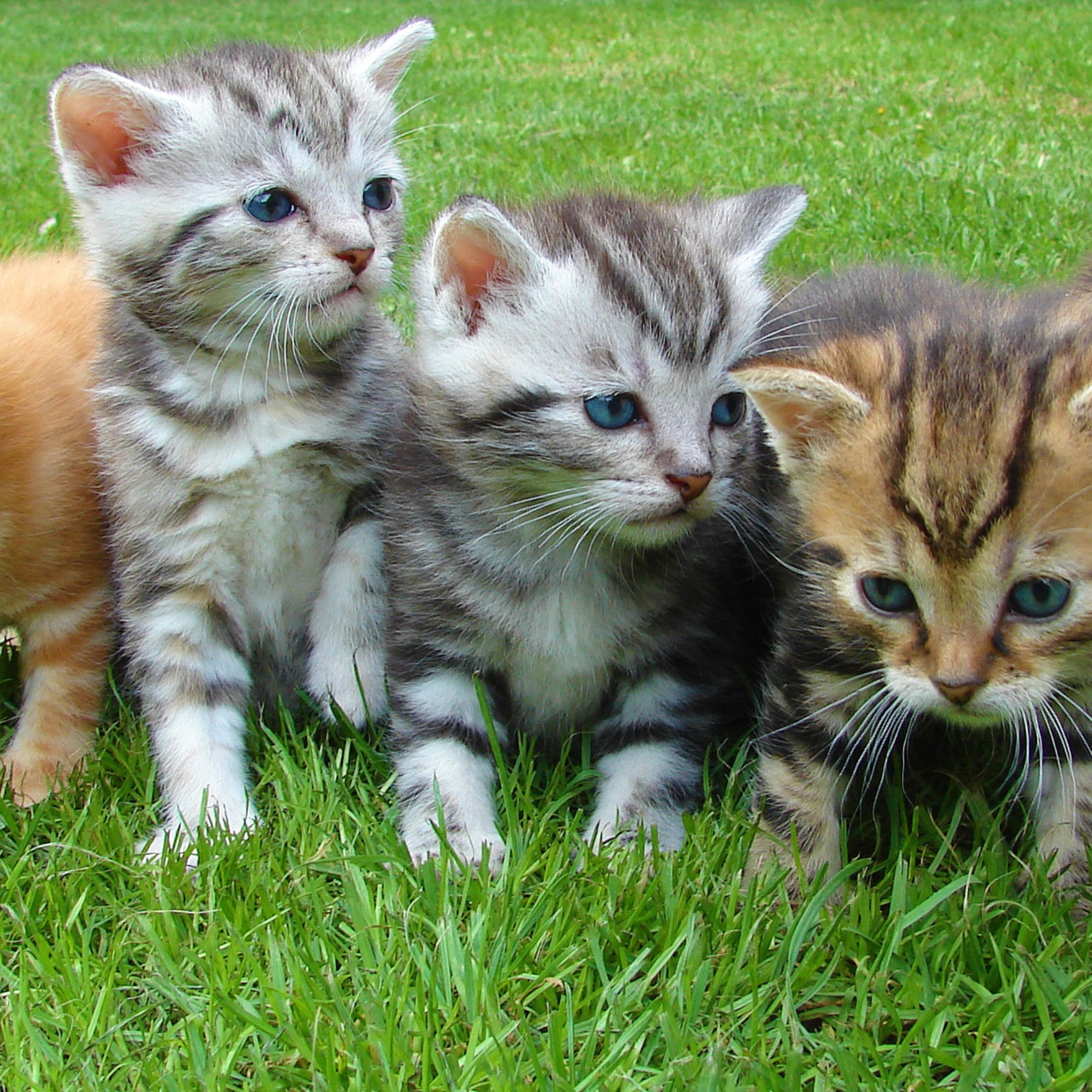Have you ever encountered a new cat in your neighbourhood and tried to befriend her? It may take some time, but slowly and steadily, they begin to trust you. However, as you become acquainted with one cat, you soon notice others joining the colony. Before you know it, the cat population has grown into a cat community. Unfortunately, as the number of cats increases, so do the challenges. Colony members may start complaining and resort to immoral and unethical ways to rid the colony of the feral cats. Feral cats that reside outdoors and cannot be domesticated, with no one to care for them, often lack proper care and attention. 
Neutering and spaying of cats, play a crucial role in addressing this issue. It is a surgical process that inhibits the reproductive ability of an animal while preserving its hormonal functions. Sterilizing community cats is crucial as it helps prevent diseases linked to hormonal activities. This procedure, commonly conducted under general anaesthesia, ensures that animals do not experience pain. Sterilized cats tend to have a longer life expectancy compared to those that are not sterilized.
The standard time to get them fixed or sterilized is between five to six months, though a few people get it done even at 4 months. Many organizations conduct programs on neutering animals and have been successfully helping community cats over the past few years.
Here’s a simple guide to help you through the process:
- Build Trust with the Cats: Start by providing cat food (either dry or wet food) and treats to gain the trust of the community cats. Spend time with them every day until they become friendly.
- Trap the Cats Safely: Once the cats are friendly and trusting, trap them in an animal carrier. Cover the carrier with cloth for safe transportation to the veterinary clinic.
- Research Veterinary Options: Before proceeding, research veterinary clinics that offer spaying/neutering services for community cats. Ensure that the clinic is experienced in handling feral cats.
- Spay/Neuter the Cats: Schedule an appointment for the cats to be spayed or neutered. Post-operative care is crucial, so either arrange for the cats to recover at the vet's clinic or take them back home and provide a safe and quiet space for recovery. It is essential to not let the out immediately after the surgery as it may create complications, let the cat out only after the surgical area is completely healed.
- Return the Cats to Their Location: After the cats have recovered, return them to their original location. Placing them back in an unfamiliar area can cause anxiety and stress.
- Vaccinate the Cats: During the spaying/neutering procedure, ensure that the cats receive necessary vaccinations to protect them from diseases like rabies and cat parvo.
- Engage Neighbours and Seek Help: Involve your neighbours in the process and seek assistance from animal rescuers if needed. Collaboration ensures a smoother process for both you and the cats.
- Follow the TNR Policy: Adhere to the Trap-Neuter-Return (TNR) policy for managing the cat population effectively and humanely.
TNR, when executed with care and compassion, is the safest method for controlling the stray cat population in an area. Cats are very difficult to deal with, so it is essential to win their trust before the process. Spaying/neutering not only reduces health risks but also improves the quality of their lives. Therefore, it is crucial that we all play our part in managing the population of the street furies.
Author: Rugveda, an enthusiastic student volunteer at STRAW India, has a deep passion for animals and is dedicated to helping them in her neighborhood. Rugveda is a class 11 student, who loves animals and cares for the neighborhood cats on a regular basis.